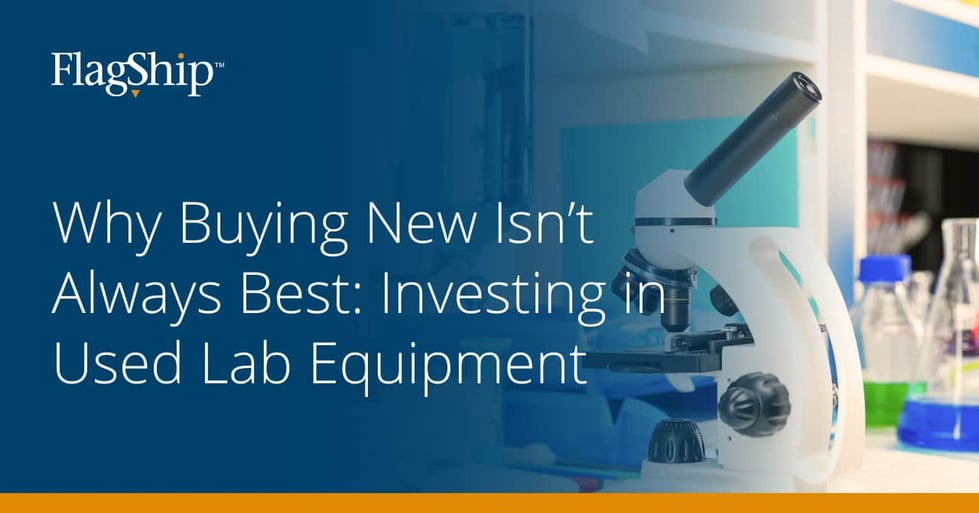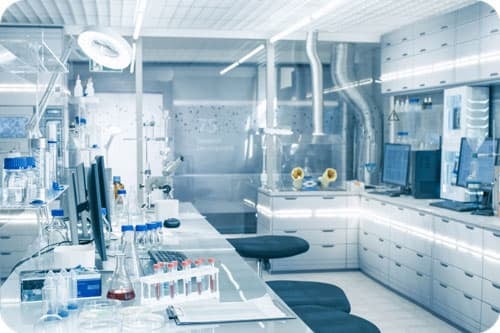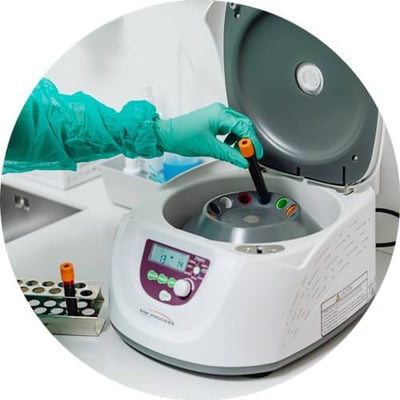
Precise and accurate scientific research depends on reliable lab equipment. Without it, scientists risk working with invalid data, impeding results and innovation. Lab technicians and managers face the critical task of ensuring all lab equipment runs efficiently and optimally. When equipment needs replacing, buying brand new is often the go-to route. However, buying used lab equipment is an equally viable option.
This blog will explore the considerations for purchasing used lab equipment and the benefits that come with it.
Factors & Concerns
When confronted with the decision to replace any piece of equipment, a key step is conducting a meticulous evaluation to determine whether a replacement is required or if repairing is a possibility.
Operational costs must be taken into account, including factors like servicing contracts, maintenance, training requirements, and the specific consumables necessary for proper functionality. Additionally, it's important to understand the repair procedures and the availability of parts.
When purchasing used lab equipment, you have access to a broad selection of suppliers, including manufacturers, online retailers, and other third-party vendors. It's essential to conduct extensive research to identify reputable sellers. You can be proactive and ask for customer reviews or testimonials as well as service records. If possible, request a demonstration to ensure the equipment is fully operational. You should also inquire about any included warranties, installation, or training.
Every piece of equipment, new or used, should align with your lab's objectives, needs, and future growth. It's crucial to keep in mind that newer equipment can come packed with features or add-ons that drive up the price. While these features may seem groundbreaking and innovative, evaluating their application and relevance to your lab is imperative. Furthermore, newer equipment might require specialized installation and calibration, adding to overall costs and potentially disrupting workflows.
Explore these blogs to improve, enhance, and better support your lab operations:
Advantages & Perks
Buying used lab equipment doesn't have to be a compromise; it can be a savvy and strategic investment that maximizes your budget, allowing you to allocate funds to life-saving research. Well-maintained used equipment can be just as reliable and effective as new equipment.
In addition to being cost-effective, opting for used lab equipment offers several advantages, including:
- Time savings: The likelihood of replacing your existing equipment with the same model is higher, as used equipment is typically readily available, while new equipment can take longer to receive.
- Operational continuity: Replacing existing equipment with the same model guarantees a seamless transition, ensuring equipment compatibility and the ability to maintain consistent operating procedures. Additionally, this approach prevents the need for your team to undergo any supplementary training.

- Enhanced Customization: Upgrading equipment is often easier, enabling the addition of specific features and components as needed.
- Sustainability: Beyond cost considerations, the choice to buy used equipment aligns with sustainable practices, reducing the environmental impact associated with manufacturing new instruments.
Together, these benefits highlight the strategic and comprehensive appeal of selecting used lab equipment. This choice stands out as a smart and effective option for labs seeking to achieve operational efficiency, adaptability, and environmental sustainability.
Investing in equipment for your lab facility is a necessary expense. However, it doesn't have to be an exorbitant one. Used and second-hand lab equipment can meet performance expectations and alleviate the burden on lab managers to secure top-of-the-line equipment, saving valuable time and money. This strategic approach ensures that research continues without disruption, allowing for more resources to be allocated to research and development and empowering scientists to concentrate on developing innovative therapies.
Flagship Lab Services is a leading provider of laboratory equipment services, including calibration, validation, and repair. We can help you assess your equipment’s current condition and take the necessary steps to ensure your lab operates at peak performance.
With a commitment to quality and innovation, we offer a range of equipment solutions to support your research, development, and production needs.
For more information about our comprehensive lab support services, visit our lab services page.





Leave a Comment